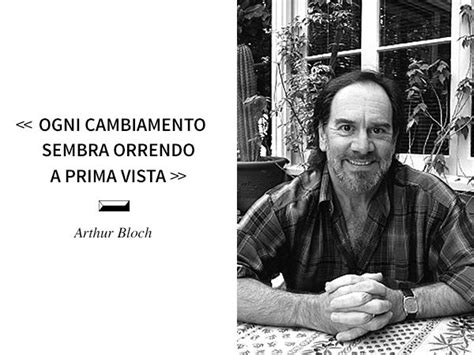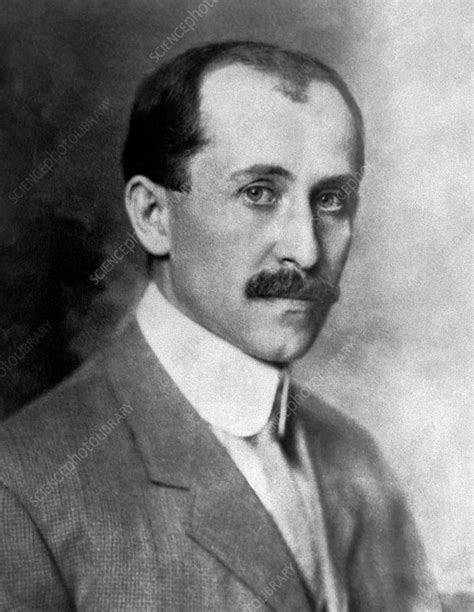A Quote by William F. Buckley, Jr.
A capitalist is someone who derives a substantial share of his income from his equity in producing companies. On this scale the figures are discouraging. Approximately ninety percent of the capital of this country is owned by five or less percent of the American people.
Related Quotes
Over the period from 1988 to 2005, the income share of the top five percent has grown by about 3.5 percent of global household income, and the shares of all the other groups have diminished. The greatest relative reduction was in the bottom quarter, which lost about one third of its share of global household income, declining from 1.155 to 0.775 percent, and now is even more marginalized.
It's my special magical power. I can read your mind when you're thinking dirty thoughts." "So, ninety-five percent of the time." She craned her head back to look up at him. "Ninety-five percent? What's the other five percent?" "Oh, you know, the usual--demons I might kill, runes I need to learn, people who've annoyed me recently, people who've annoyed me not so recently, ducks." "Ducks?
Regarding the Economy & Taxation: America's most successful achievers do pay a higher share of the total tax burden. The top one percent income earners paid 18 percent of the total tax burden in 1981, and paid 25 percent in 1991. The bottom 50 percent of income earners paid only 8 percent of the total tax burden, and paid only 5 percent in 1991. History shows that tax cuts have always resulted in improved economic growth producing more tax revenue in the treasury.
The American Journal of Clinical Nutrition claims that a moderate beer drinker - whatever that means - swallows 11 percent of his dietary protein needs, 12 percent of the carbohydrates, 9 percent of essential phosphorus, 7 percent of his riboflavin, and 5 percent of niacin. Should he go on to immoderate beer drinking, he becomes a walking vitamin pill.
It makes no difference to a widow with her savings in a 5 percent passbook account whether she pays 100 percent income tax on her interest income during a period of zero inflation or pays no income tax during years of 5 percent inflation. Either way, she is 'taxed' in a manner that leaves her no real income whatsoever. Any money she spends comes right out of capital. She would find outrageous a 100 percent income tax but doesn't seem to notice that 5 percent inflation is the economic equivalent.
Ninety-nine percent of everyday things are things we don't need - that goes for regular visits to the hairdresser just as it does for clothing. What would it mean if we all consumed 20 percent less? It would be catastrophic. It would mean 20 percent less jobs, 20 percent less taxes, 20 percent less money for schools, doctors, roads. The global economy would collapse.
The bottom quarter of the human population has only three-quarters of one percent of global household income, about one thirty-second of the average income in the world, whereas the people in the top five percent have nine times the average income. So the ratio between the averages in the top five percent and the bottom quarter is somewhere around 300 to one - a huge inequality that also gives you a sense of how easily poverty could be avoided.
































